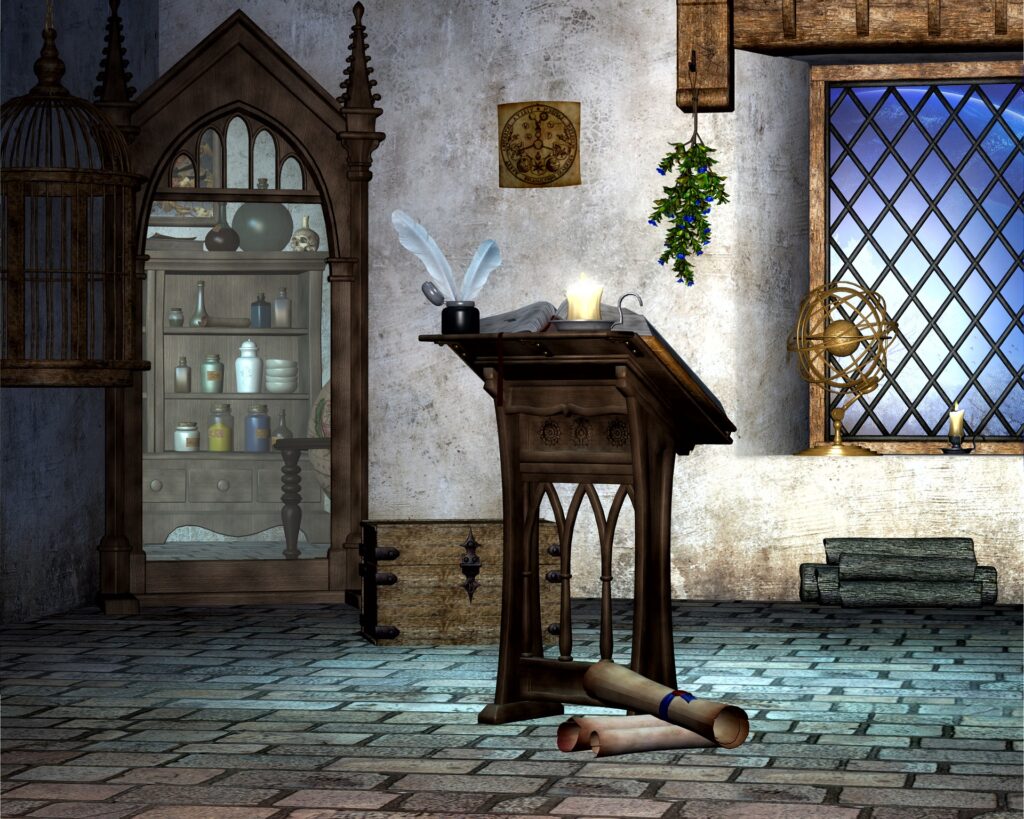‘You and I are not ordinary folk, little mistress. We are wise …’
Aaron, my male protagonist in River Witch, says this to Hester at their first meeting when she is only eight years old. He has seen her talking to Sabrina, the river goddess, and recognises, not without qualms, a soulmate, a fellow ‘wise folk’.
The core of the book is the conflict Aaron faces in how far he should nurture Hester’s natural abilities, given his own tragic experience, as opposed to Hester’s deep desire to be a healer. In the story, I’ve taken the concept of wise folk and used it for my own ends, but in this post I want to share a little information about the real wise men and women, or cunning (skilful or knowledgeable) folk, who practised in the UK from mediaeval times to the early 20th century.
Ellen Hayward, whose life inspired the book, was one of the later practitioners, highly regarded by the inhabitants of Cinderford here in the Forest of Dean until her death in 1912.
Who were wise men and women?
Wise men and women, or cunning folk, were also known as sorcerers, wizards, white witches, hedge witches and various other names, and were very common through to the early 19th century in rural communities.
They offered a wide range of skills. Through the practice of herbal lore supplemented with magic rituals, they were healers to the poor and their animals – given the dependence on rural families for the health of their animals, this was as critical as their own wellbeing; they advised on matters of the heart; and they could find lost or stolen property and identify the thief in the latter case. In fact, it was a request to find lost property that led to Ellen Hayward’s problems and eventual accusations of witchcraft. Cunning folks’ most important talent, however, was their ability to cure bewitched people and animals, and they did a good trade in charms to ward off witches and evil spirits. Their communities deemed them useful and respected them.
Although they used magic, and the witchcraft they practised was illegal during the persecutions of the 17th and 18th centuries, this usefulness meant that by and large most escaped persecution because their communities didn’t report their practices.
How did you become accepted by your community as a cunning folk?
The ability to practice magic was the basis – that is, to have supernatural abilities. This was often handed down in the family, together with a knowledge of charms, herbal lore, and magical practices to help with important matters like whom you’re going to marry, as this little tale below tells us:

‘The last summer, on the day of St. John the Baptist, 1694, I accidentally was walking in the pasture behind Montague house, it was 12 o’clock. I saw there about two or three and twenty young women, most of them
well habited, on their knees very busy, as if they had been weeding. I could not presently learn what the matter was; at last a young man told me, that they were looking for a coal under the root of a plantain, to put under their head that night, and they should dream of who would be their husbands: It was to be sought for that day and hour.’
Source: Cunning Folks and Wizards in Early Modern England, University of Warwick 2010
Inherited or learned
In River Witch, Hester’s inspiration to become a healer is her great-grandmother, whom Father tells could make pumps give water in a freeze, and how animals became docile under her touch, as well as her healing ability which cured the little girl with the fever, among others.
Hester’s innate talent, her ability to see the river nymphs and talk to the river, is likely therefore inherited. But if you didn’t have inherited abilities, you could set yourself up as someone people could come and simply talk to, especially about matters of the heart, and who would advise you, with the aid of a bit of magic. Over time this would give you acceptance. Creating a sense of mystery helped, hence your choice of clothing and furnishings.
It’s been suggested that this role became more important after the reformation. Previously, the village priest supplied a similar role, whereas post reformation clergy didn’t tend to be so cosy with their parishioners, especially at the lower socio-economic end (as per my character Rev Jarvis in River Witch and his views on the moral criteria needed to be accepted into the workhouse).
Earning your keep
Making a living as wise men or women was difficult. It seems that most did it because they wanted to help others – these days, such people might go into caring professions such as nursing, counselling, social care. Their rural customer base couldn’t afford to pay much, and the cunning folk asked for little, or often no payment for their services, but would accept gifts in kind.
There was another, less altruistic reason for taking only ‘donations’ in money or kind. Charging for services rendered would leave the cunning folk open to accusations of ‘fraudulent’ magical practices, ie of being black witches with what that entailed during the 17th and 18th centuries. Not taking payments made the fraud accusations less likely to stick.
Higher magic did better

Some wise folk were able to make a reasonable living however. They were the ones who came from educated backgrounds and were learned in areas such as astrology, necromancy and alchemy, known collectively as high magic.
Wise women
Women formed a good percentage of cunning folk and appear to have come from a range of levels of rural society. Being literate was not a requirement, as advice, spells etc were largely verbally given (again for caution sake), but it helped. For example, written charms were as important in both healing and to protect against evil or counteract enchantment as were herbal potions (bay, rue, sage and rosemary appear to have been heavily used.)
A fascinating fact about written charms is that the word ‘abracadabra’ was widely (in the geographical and common senses) used, often spelled out back and forth within a triangle. So be careful next time you’re fooling around, pretending to use magic – citing abracadabra might just bring a little extra something into your life.
For a fuller discussion of cunning folk, take a look at this academic thesis which also goes into a discussion of the nature of the tools used, the arts of higher magic and the hostility these people faced from the law and the church.
Buy River Witch here